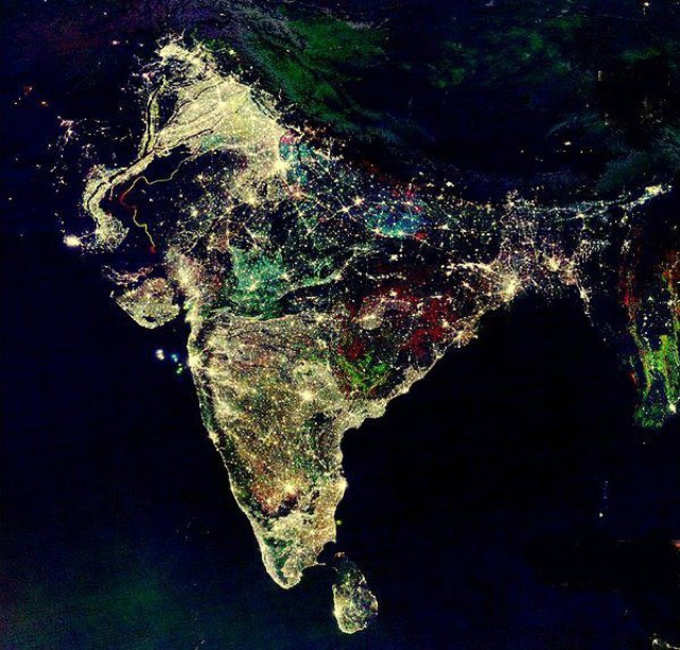
India is one of the fastest growing Internet markets in the world with the projected data demand to increase by 400% by the year 2020.
However, we have one of the lowest internet penetration rates in the world with only around 35% of the population having access to Internet services and a mere 7% having access to fixed-line broadband connections.
We, therefore, need a low-cost solution to cater to the huge data demand that exists. Public Wi-Fi
networks become crucial in that case.
ALSO READ: This Indie Musician Turned An Ola Cab Driver For A Day
Ozone is
India’s leading
Public WiFi service provider, which has deployed more than 7000 access points and 1500 hotspots in more than 26 cities, partnering with brands like McDonalds, KFC, PVR, Big Cinemas, Barista, Costa Coffee, Fortis, Apollo Hospital,
Taco Bell, Pizza Hut, and
Mumbai International airport. Across these public Wi-Fi locations, Ozone sees an average footfall of 50-75 million people with more than 4.5 million customer logins and monthly data consumption of around 126 TB.
Ozone in its business plan aims to establish an extensive network of neutral public Wi-Fi hotspots that provides connectivity to a majority of users who cannot afford a per month plan for a home broadband connection.
Business Insider caught up with
Sanjeev Sarin, CEO, Ozone Networks in the wake of their recent partnership with Café Coffee Day. He explained how easy it is for consumers to use this service, ‘’You just have to enter your Mobile number, accept terms and conditions, and enter an OTP, then you’re good to go.’
But, giving it all away for free, surely can't be a viable business model. So how do they make it work? Sarin says, “We aim to use Wi -Fi as a means of
Data Analytics opening avenues to a number of features accessible by retailers, consumers and service providers. They can have access to loyalty programs, product promotions, geofencing services, and customer feedback portals. We wish to create the biggest Wi-fi infrastructure in India to provide quality internet to all.”
Public wi-fi in India is currently very limited in its reach and quality, hopefully, these tie-ups can result in making the user fully-connected,
which looks like a distant dream.
(Image courtesy- NASA)
